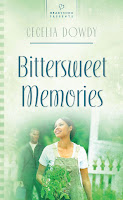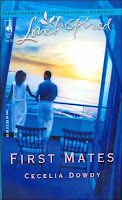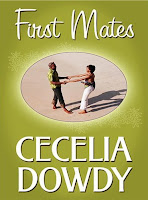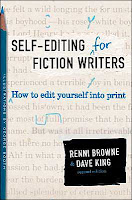THIS BOOK GIVEAWAY IS OVER. WINNER WAS ANNOUNCED HERE!
I’m hosting Stephen Bly on my blog today! If you want to be entered into the drawing for his book giveaway, you must read the following article AND you must leave a comment with your email address and you must REFER TO SOMETHING YOU READ IN STEPHEN’S article…in other words, you have to read his article and comment about it in order to be entered into the drawing!
I’ll start by commenting…the mention of the outhouse scene has piqued my curiosity!
Enjoy!
~Cecelia Dowdy~ON GETTING PLOT IDEAS
for Throw The Devil Off The Train
I don’t have a clue how I derived the idea for my newest release, Throw The Devil Off The Train. Sometimes plot ideas seem to fall out of the sky for me. When I recognize one that I like, I pick it up and run with it, to see where it leads.
I’ve set stories in Colorado and Arizona, in New Mexico and Nevada, in Montana and Idaho, in Wyoming and Nebraska, in Texas and South Dakota. The old western Stagecoach was a road story in a stage. Throw The Devil Off The Train is a road story inside a train headed west.
Idea germs that evolve
The grandeur of the West from a train window.
The very slow journey, compared to modern transportation.
The theme that people are much more complex than first meetings reveal.
The hurts and pains, the victories and defeats of the past form a part in acts and responses in any given situation.
I tossed two cats into a burlap bag, then watched to see how they’d survive. . .or not. After a few gouges and bites between Catherine and Race, I could see the trail and markings of their story in Throw The Devil Off The Train..
Setting A Scene
You’d think after more than a hundred books in print, most of them set in the Old West, that I’d have exhausted every possible location. I’ve used cabins, saloons, dance halls, jails, hotels, cafes, sandbars and most any other place you could name. All, except one. In my newest book, Creede of Old Montana, I set a whole scene inside an outhouse.
As much as I like telling western tales, it was not the time for me to live in. Two reasons at least: health care and sanitation. That doesn’t mean a cowboy never used soap. Some even shaved every morning. Living in a wild and primitive land doesn’t mean you have to look uncivilized.
And I don’t want you to think I’m weak-willed and pasty skinned. I can survive just fine for days, weeks, even months in the wilderness. But I know that sooner or later I’ll be back in civilization that boasts hot showers, waste treatment plants, and flush toilets.
I wouldn’t even mind a footed bathtub. Many fun western movie episodes have centered on bubbly bathtub scenes. But hot baths were a real luxury and only the nicest of hotels would offer such an amenity. Some of the more modest hotels would advertise: Baths 25 cents; Used Water 15 cents. Which, in my opinion, is a great motivator to save up your money when on the trail or hang with friends who smell like you do.
Which brings me back to…setting a scene inside an outhouse.
On a trip to Yellowstone with our teen grandkids, Zachary and Miranda, we stopped to explore at Garnett, a Montana ghost town. One structure that captured the kids’ curiosity: the double set of outhouses behind the old hotel. There was a two-seater for gals and a two-seater for guys. Quite the deal on a busy Saturday night.
Ah, the romantic Old West.
And about that scene in the outhouse…you can read about it yourself after October 1st in Creede of Old Montana. I promise…it won’t be R-rated. That’s the thing about the classic western genre. Good triumphs over evil. There’s little or no bad language. And sensual details are relegated to the fightin’ and shootin’ only.
WRITING EXERCISE for you:
Create two strong characters. Make one the type the other tends to dislike. Make them so disgusted with each that they cannot exist in the same room for several minutes without being at each other’s throats. Then, stick them in a place where they have to co-exist for hours, days, weeks: a cabin, a mine shaft, a train car, etc. Then, write the dialogue. Start out with no descriptions. No identifiers. No narration. Just two voices conversing. Make the words authentic as you can. Then, edit it later.
Do they wind up killing each other? Or total estrangement? Or a truce of some sort? Or a breakthrough to relationship?

















